FRIENDS OF THE FORUM
Meet our Friends! A group of individuals committed to raising awareness about the importance of futures thinking & foresight and to the development of an engaging community as we build together the momentum around the Dubai Future Forum. Through monthly meetings and ongoing collaboration, they also support the team behind the Dubai Future Forum stay up-to-date with emerging trends and the latest developments in the various futures spaces around the world. Our Friends are nominated to join us for two Editions and rotated thereafter to ensure fresh perspectives and insights are always brought into our agenda.
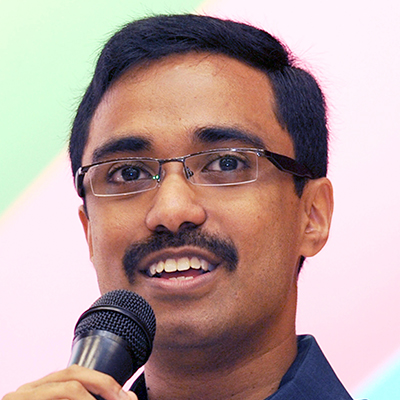
Aaron Maniam
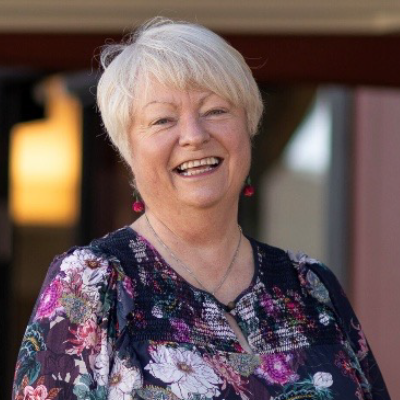
Cheryl Doig
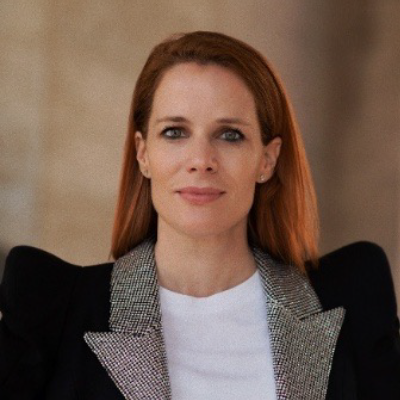
Florence Gaub
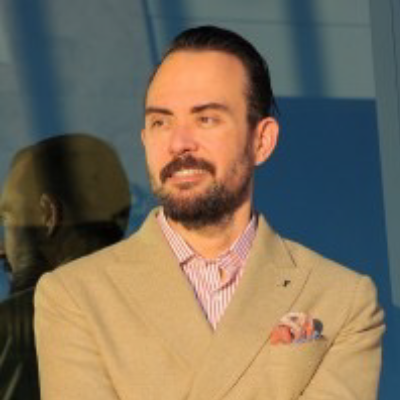
John Sweeney
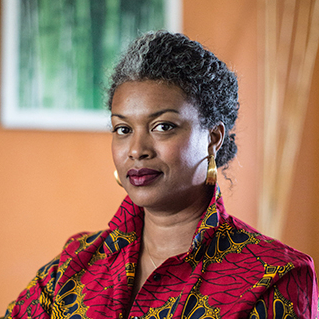
Ingrid LaFleur
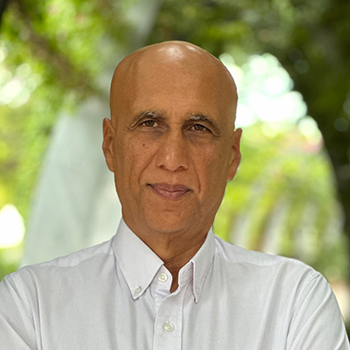
Sohail Inayatullah
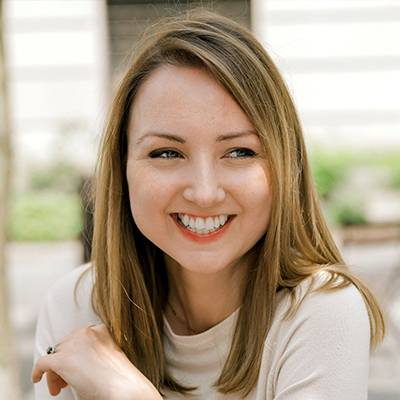
Joanna Lepore
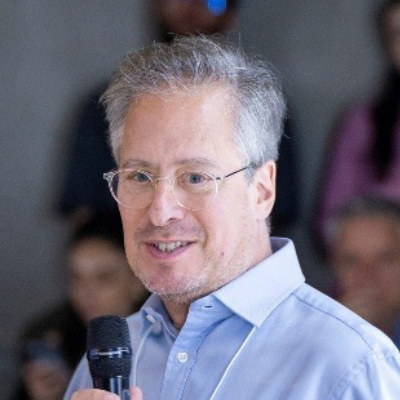
Riel Miller
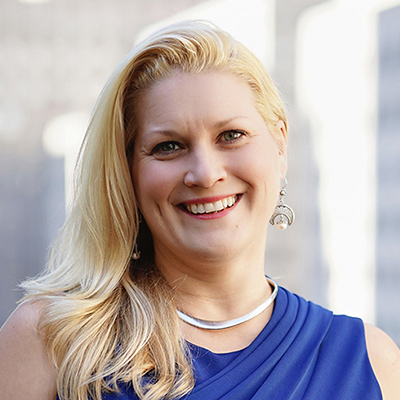
Olga Tarasov
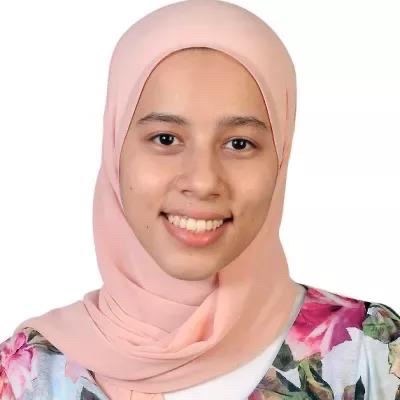
Rawan Elbendary
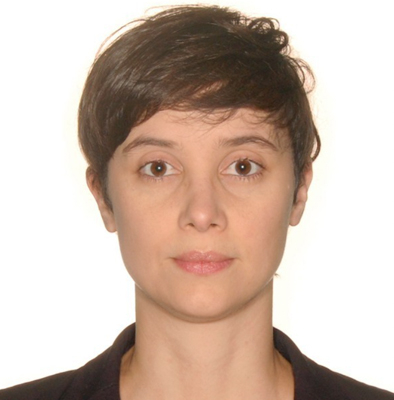
Thays Prado
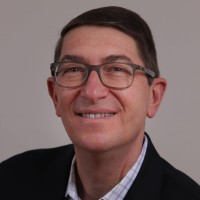
Steven Kenney

Aaron Maniam
Dr. Aaron Maniam teaches at the Blavatnik School of Government, focusing on how governments use, enable, and regulate technology, as well as how governments can better plan for the future. He sees both technology and futures as “the public goods of public service” — government skills in emerging priority areas, where the macro benefits are clear, but accountability and responsibility are difficult to assign to specific agencies. His research, teaching, and policy advisory work draw on both scholarly research and nearly 20 years as an Administrative Officer in the Singapore public service. He was the founding Head of the Singapore government’s Centre for Strategic Futures and co-chairs the OECD’s expert network on strategic foresight.

Cheryl Doig
Dr. Cheryl Doig is the Director of Think Beyond and Founder of Otautahi Futures Collective. She is an Adjunct Senior Fellow at the University of Canterbury and a global influencer in the futures, foresight and learning ecosystems spaces. Special projects include the development of the Aotearoa Futures Barometer in partnership with indigenous future makers from Tokona te Raki; supporting global city communities of practice for intergenerational fairness; and the creation of research to support intergenerational ambition and future generations. In 2017 Cheryl was a finalist in the NZ Westpac Women of Influence Awards, in the Innovation and Science category.

Florence Gaub
Florence is a French-German national and has worked as a futurist for international organisations such as the EU and NATO in various capacities. In 2019, she penned the EU’s Global Trends to 2030 report, and her book “The Future: Manual” became a bestseller in Germany. Florence serves on the World Economic Forum’s Global Future Council on Complex Risks and is a member of the World Science Fiction Society. She holds a PhD from Humboldt University and degrees from Sciences Po Paris, the Sorbonne, and the University of Munich.

John Sweeney
Dr. John A. Sweeney currently leads Future Foresight at the Knowledge and Human Development Authority of Dubai where he is an Education Expert in the Strategic Development Team. Previously, he served as the UNESCO Chair for Futures Studies in Anticipatory Governance and Sustainable Policymaking at Westminster International University in Tashkent, Uzbekistan.As a practitioner, consultant, and educator, John has organized, managed, and facilitated workshops and seminars, multi-stakeholder projects, and foresight games and simulations in 50+ countries on six continents in-person and online with participants from all over the world.

Ingrid LaFleur
Ingrid LaFleur is a futurist, curator, and cultural strategist exploring the intersections of emerging technology, race, and decolonization. With over 20 years of curatorial experience, she merges futures research with Afrofuturism to inspire transformative change. As Founder of The Afrofuture Strategies Institute (TASI), she advances equitable futures through foresight methodologies. Ingrid has presented at institutions like the Centre Pompidou, Harvard, and Oxford, with her work featured in The New York Times and Time magazine. She holds an MS in Foresight from the University of Houston.

Sohail Inayatullah
Sohail Inayatullah, a political scientist and futurist, is the UNESCO Chair in Futures Studies at the Sejahtera Centre for Sustainability and Humanity, IIUM, Malaysia. He is also Professor at Tamkang University, Tamsui and Associate, Melbourne Business School, the University of Melbourne. He teaches from Metafuture School where his courses include “Become a Futurist” and “Personal Futures: the CLA of the Self.” He is listed in the top 2% of the world’s scientists as measured by the highest impact of citations. His most recent books include “CLA 3.0”, “Asia 2038”, and with the Asia Development Bank, “Futures Thinking in the Asia-Pacific Region.”

Joanna Lepore
Joanna Lepore is a global foresight strategist, extensively involved in the foresight and futures community. Jo is EVP of Foresight and Global Market Expansion Strategy at Dig Insights, Founder of Foresight Inside Group, a network for corporate foresight professionals, and Associated Partner with the Copenhagen Institute for Futures Studies. A prominent voice in corporate foresight, Jo established and expanded the foresight practice for McDonald’s and Mars Wrigley within their global headquarters in the United States. As the “in-house futurist”, Jo pushed global leaders to think long term, building on 15 years brand-side experience in marketing and innovation. Jo is also host of the Looking Outside podcast where many future-forward thinkers have been featured.

Riel Miller
Starting in 2022, after a decade as Head of Foresight and Futures Literacy at UNESCO in Paris, Riel joined several communities seeking to transform why and how people use-the-future. From the outset of his career, in 1982 at the OECD, Riel has accumulated hundreds of hands-on experiences, all around the world, designing and implementing efforts to think about the future. He is an experienced and innovative educator, a pioneer of the field of futures literacy and the discipline of anticipation. He is widely published in academic journals and other media on a range of topics, from the future of education and the internet to the transformation of leadership and productivity. His unflagging ambition is to find ways to put the richness of complex emergence at the service of humanity’s capacity to be free.

Olga Tarasov
As Vice President of Inquiry & Insights, Olga leads Rockefeller Philanthropy Advisors’ thought leadership efforts, developing original research and tools to accelerate philanthropic practices and innovation. In this capacity, Olga has lead hallmark programs, including the Theory of the Foundation and Strategic Time Horizons initiatives catalyzing knowledge, collaboration, and impact. She currently leads the Foresight & Futures Initiative to help philanthropy innovate, envision and build a better future. Olga holds a masters of international affairs from Georgetown University and a bachelor’s in international affairs from The George Washington University.

Rawan Elbendary
Rawan El-Bendary is a young foresight practitioner working at the intersection of futures thinking, youth advocacy, and public policy. She has commissioned and contributed to foresight projects with UNICEF Innocenti and UNDP Accelerator Labs in Egypt, and a Futures Literacy Lab with the UNDP Accelerator Labs in Cameroon. She is a strong advocate for Arab futures and is one of the founding members of the Arab Futures Society, working to advance futures literacy and regionally grounded foresight practice.

Thays Prado
Thays Prado is the founder of Feminist Futures and co-founder of Women Who Future(s). She conducts feminist foresight journeys with international NGOs, UN agencies, and philanthropies. Thays is particularly passionate about facilitating speculative fiction workshops with young activists and transforming their stories into powerful advocacy pieces targeted at policymakers. As a gender expert for over a decade, she worked for organisations such as UN Women, Women Win, the BBC Media Action, and the Centre for Sport and Human Rights. Thays has a BA in Communications/Journalism from Universidade Federal de Minas Gerais, Brazil, an MSc in Gender, Media, and Culture from the London School of Economics and Political Science, and a Professional Screenwriting Degree from the University of California, Los Angeles. She is a School of International Futures alumni and was a Next Generation Foresight Practitioner Fellow in 2023. Times and Time magazine. She holds an MS in Foresight from the University of Houston.

Steven Kenney
Steven Kenney is the CEO of Foresight Vector, a futures consultancy, and a founding partner at WhiteLabel Impact, a firm advising social enterprises. He has advised governments, corporations, and non-profits for thirty years on strategy development and implementation, foresight, and organizational change. Steven was the founding director of the Strategic Foresight Initiative at The Middle East Institute. Prior to his current roles, Steven was a Partner with a sixteen-year tenure in Toffler Associates, the consultancy founded by world-renowned futurist Alvin Toffler, and a Vice President at Monitor360 (formed from “Art of the Long View” author Peter Schwartz’s Global Business Network).
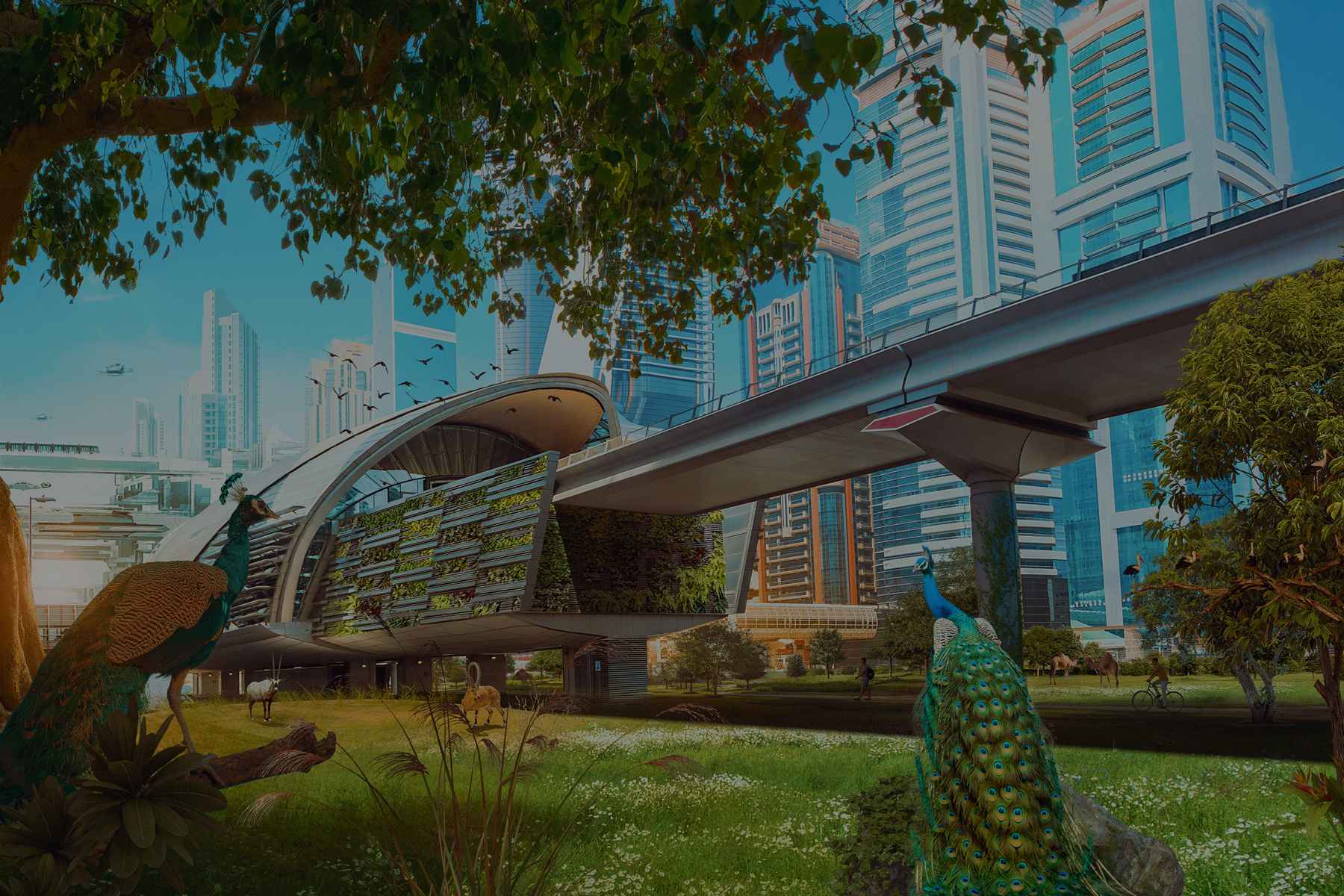

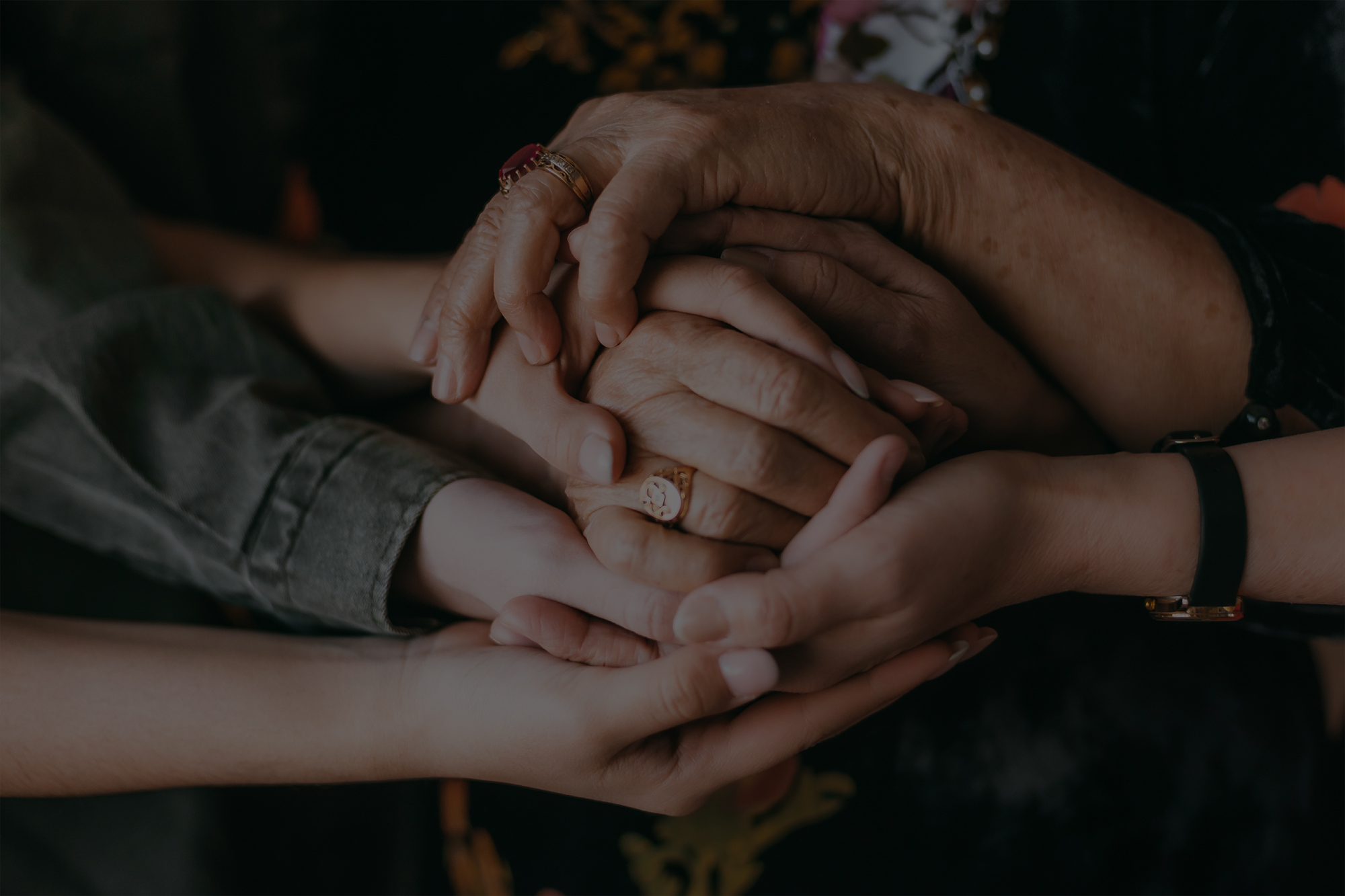
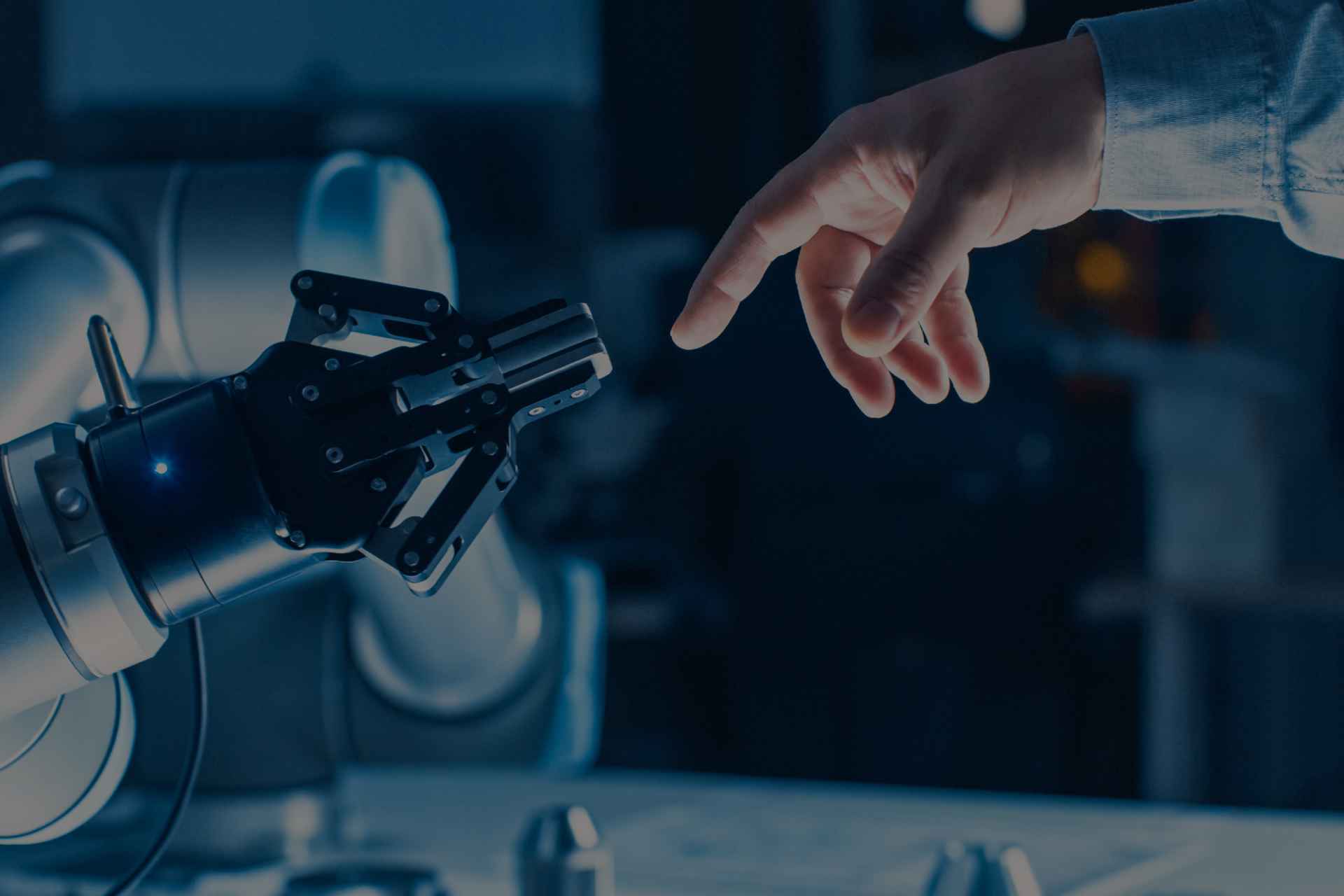

NATURE
Our future is undoubtedly centered around minimizing environmental risks, amplifying Nature’s capacity to restore itself and having a positive impact on crucial environmental ecosystems and habitats. This would not only create a more stable, healthier planet for humanity but it would also elevate Nature’s overall standing in this world.
NATURE
Our future is undoubtedly centered around minimizing environmental risks, amplifying Nature’s capacity to restore itself and having a positive impact on crucial environmental ecosystems and habitats. This would not only create a more stable, healthier planet for humanity but it would also elevate Nature’s overall standing in this world.
GENERATIONS
The global population will continue to grow for another three generations. It will be non-trivial to empower societies by offering solutions to humanity’s most complex and universal needs, optimizing systems they rely on, safeguarding against risks that could make societies more fragile in the face of crises and extending individual and collective potential for growth, development and well-being.
COLLABORATION
Individually we can achieve only so much. Collaboration, with a twist, is the way forward. Enhanced problem-solving, learning and innovation by redesigning collaborative structures and processes among humans, including different generations, between humans and machines, and between machines.
This is the power to radically change ways of life by replacing the models that countries, communities and individuals live by – if they don’t work. These new models enable individuals and communities to innovate, improve and aid the transformation of humanity to new digital and non-digital realities.


